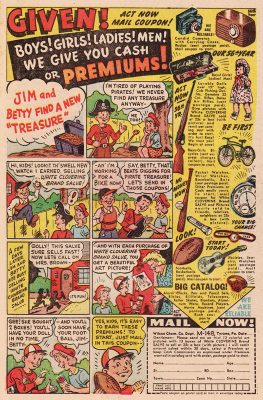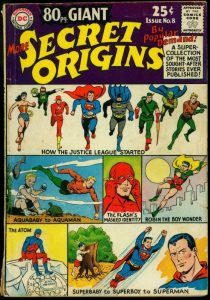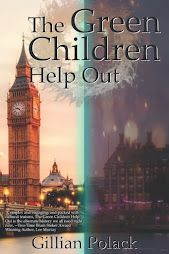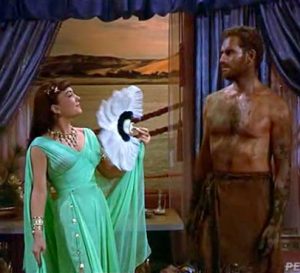Voyager 1 is no Longer Sending Home Garbled Data!
This aging and still-valuable spacecraft has been exploring the outer parts of the solar system since its launch in 1977, along with its twin sibling, Voyager 2. They each traveled slightly different trajectories. Both went past Jupiter and Saturn, but Voyager 2 continued on to Uranus and Neptune. They’re both now outside the solar system, sending back data about the regions of space they’re exploring.
Jupiter and Saturn, but Voyager 2 continued on to Uranus and Neptune. They’re both now outside the solar system, sending back data about the regions of space they’re exploring.
These days, Voyager 1 is more than 157.3 astronomical units from Earth and moving out at well over 61,000 km/hour. It’s busy collecting data about the interstellar medium and radiation from distant objects. If all goes well, the spacecraft should continue sending back data for nearly a decade. After that, it should fall silent as it travels beyond the Oort Cloud and out to the stars.
Earlier this year, however, the teams attached to the Voyager 1 mission noticed that the spacecraft was sending weird readouts about its attitude articulation and control system (called AACS, for short). Essentially, the AACS was sending telemetry data all right, but it was routing it to the wrong computer, one that had failed years ago. This corrupted the data, which led to the strangely garbled messages the ground-based crew received.
Once the engineers figured out that the old, dead computer might have been part of the problem, they had a way forward. They simply told the AACS to switch over sending to the correct computer system. The good news was that it didn’t affect science data-gathering and transmission. The best news came this week: team engineers have fixed the issue with the AACS and the data are flowing normally again.
The ongoing issue with AACS didn’t set off any fault protection systems onboard the spacecraft. If it had, Voyager 1 would have gone into “safe mode” while engineers tried to figure out what happened. During the period of garbled signals, AACS continued working, which indicated that the problem was either upstream or downstream of the unit. The fact that data were garbled provided a good clue to related computer issues.
This adapted article appeared in Universe Today. Click through for the full thing.

 When I was a kid my brother and I collected comic books in great quantity. Collected and read and re-read and read the letters columns and the ads, entirely uncritically. Until I learned better.
When I was a kid my brother and I collected comic books in great quantity. Collected and read and re-read and read the letters columns and the ads, entirely uncritically. Until I learned better.
 This post was written several years ago and published elsewhere.
This post was written several years ago and published elsewhere.
 Once I got reading under my belt, I couldn’t do enough of it–books, stories, cereal boxes, comic books. I gobbled up story like I was starving for it, initially uncritically, but fairly soon starting to think about why stories worked/didn’t work for me. In this I had a partner: my brother Clem. He and I amassed a comic book collection of perhaps 2000 well-worn, repeatedly read comics–most, but not all of them DC (the home of Superman and Batman). Clem and I haunted the smoke shop at the corner, where the new comics came in every… I think it was Tuesday… and conspired over which one of us would buy which. We took them home and read the them and then we talked over them. Clem, a far better artist than I will ever be, led the way in discussing the art. One of our favorite riding-on-the-subway games was to identify people who looked like they were drawn by specific artists.
Once I got reading under my belt, I couldn’t do enough of it–books, stories, cereal boxes, comic books. I gobbled up story like I was starving for it, initially uncritically, but fairly soon starting to think about why stories worked/didn’t work for me. In this I had a partner: my brother Clem. He and I amassed a comic book collection of perhaps 2000 well-worn, repeatedly read comics–most, but not all of them DC (the home of Superman and Batman). Clem and I haunted the smoke shop at the corner, where the new comics came in every… I think it was Tuesday… and conspired over which one of us would buy which. We took them home and read the them and then we talked over them. Clem, a far better artist than I will ever be, led the way in discussing the art. One of our favorite riding-on-the-subway games was to identify people who looked like they were drawn by specific artists. 
 My daughter is visiting, and wanted to watch the new Netflix version of Persuasion. She wanted me to watch Bridgerton when she was here over Christmas, but after 20 minutes of making increasingly acerbic comments I absented myself so as not to, as we say in my household, yuck her yum.
My daughter is visiting, and wanted to watch the new Netflix version of Persuasion. She wanted me to watch Bridgerton when she was here over Christmas, but after 20 minutes of making increasingly acerbic comments I absented myself so as not to, as we say in my household, yuck her yum.